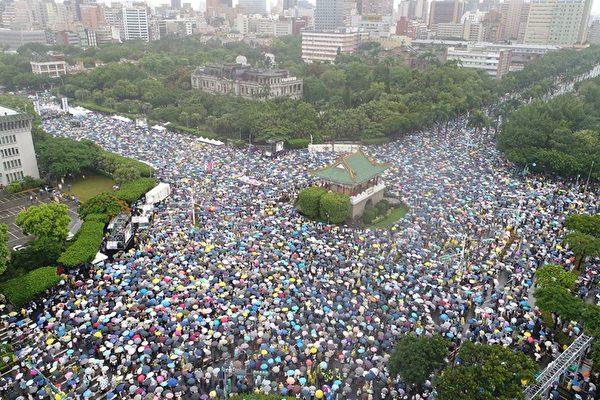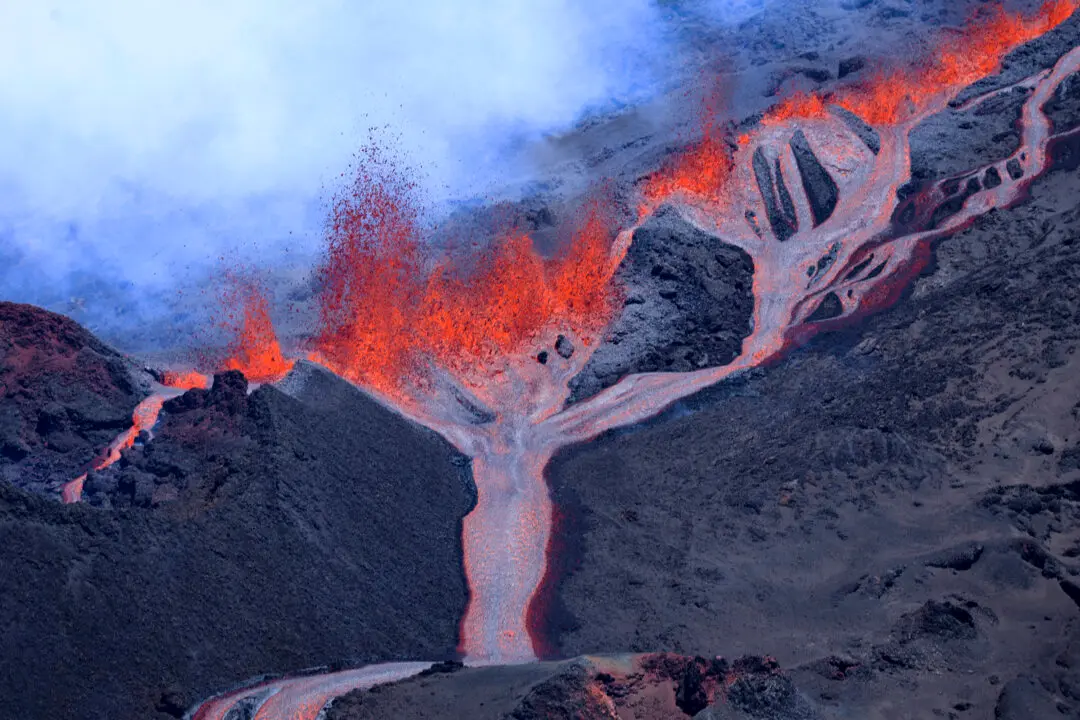Recently, 23 Taiwanese online media outlets simultaneously published a critical article of Tsai Ing-wen’s government. The report originated from the Taiwan Affairs Office of the Chinese Communist Party (CCP), arousing public concern regarding the CCP’s infiltration of Taiwanese media.
The infiltration tactics, which is at once both secretive and open, can be broadly divided into four categories. Among them, the most threatening is to construct an information supply chain through PR companies’ united front business for Taiwanese media.





